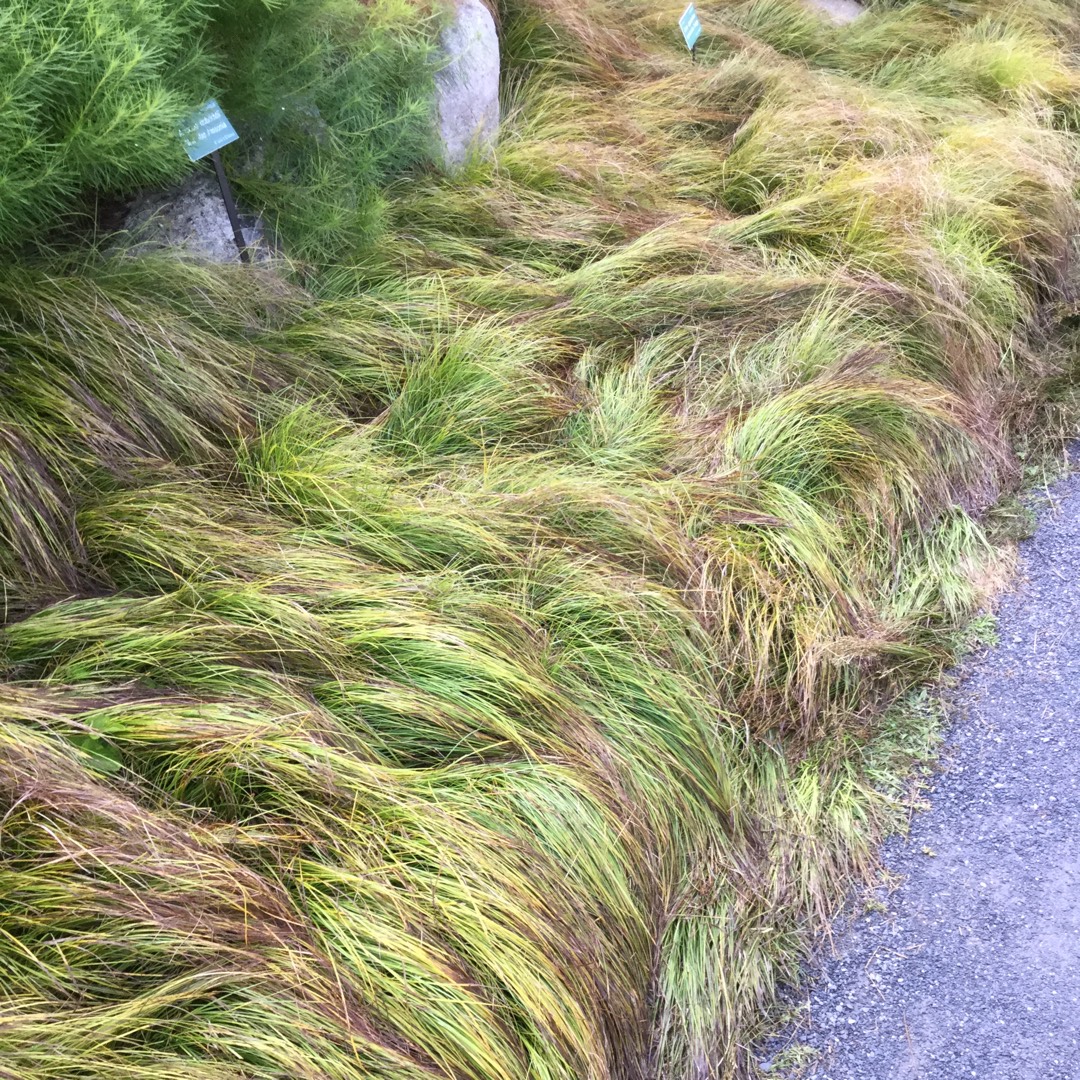
Carex Appalachia
Appalachian Sedge
Carex is an ornamental sedge with many different varieties now available, in a range of colours and textures. Ornamental grasses tolerate a wide range of conditions, but most like a sunny position in light, moist but well-drained, moderately fertile soil. They do not need much feeding and just one application of a balanced fertiliser in spring is adequate. Carex Appalachia is a deciduous grass-like perennial.
-
Partial shade
-
Occasional watering
-
Full Frost Hardy: 5F (-15°C)
-
Moist and free draining
Common name
Appalachian Sedge
Latin name
Carex Appalachia
type
Grass
family
Cyperaceae
ph
6.0 - 7.5 Acid - Neutral
Plant & bloom calendar
-
Best time to plant
full grown dimensions
 0.60 M
0.45 M
0.60 M
0.45 M
Carex Appalachia
Carex is an ornamental sedge with many different varieties now available, in a range of colours and textures. Ornamental grasses tolerate a wide range of conditions, but most like a sunny position in light, moist but well-drained, moderately fertile soil. They do not need much feeding and just one application of a balanced fertiliser in spring is adequate. Carex Appalachia is a deciduous grass-like perennial.
Planting young plants
From Early Spring TO Mid Spring
Suitable for mass planting and for planting as a specimen in a container. Plant in any soil that doesn't get too dry. Use a good quality general purpose compost for container growing. New plants are best planted in early to mid-spring. Water in well and keep well watered during the plant's first year.








